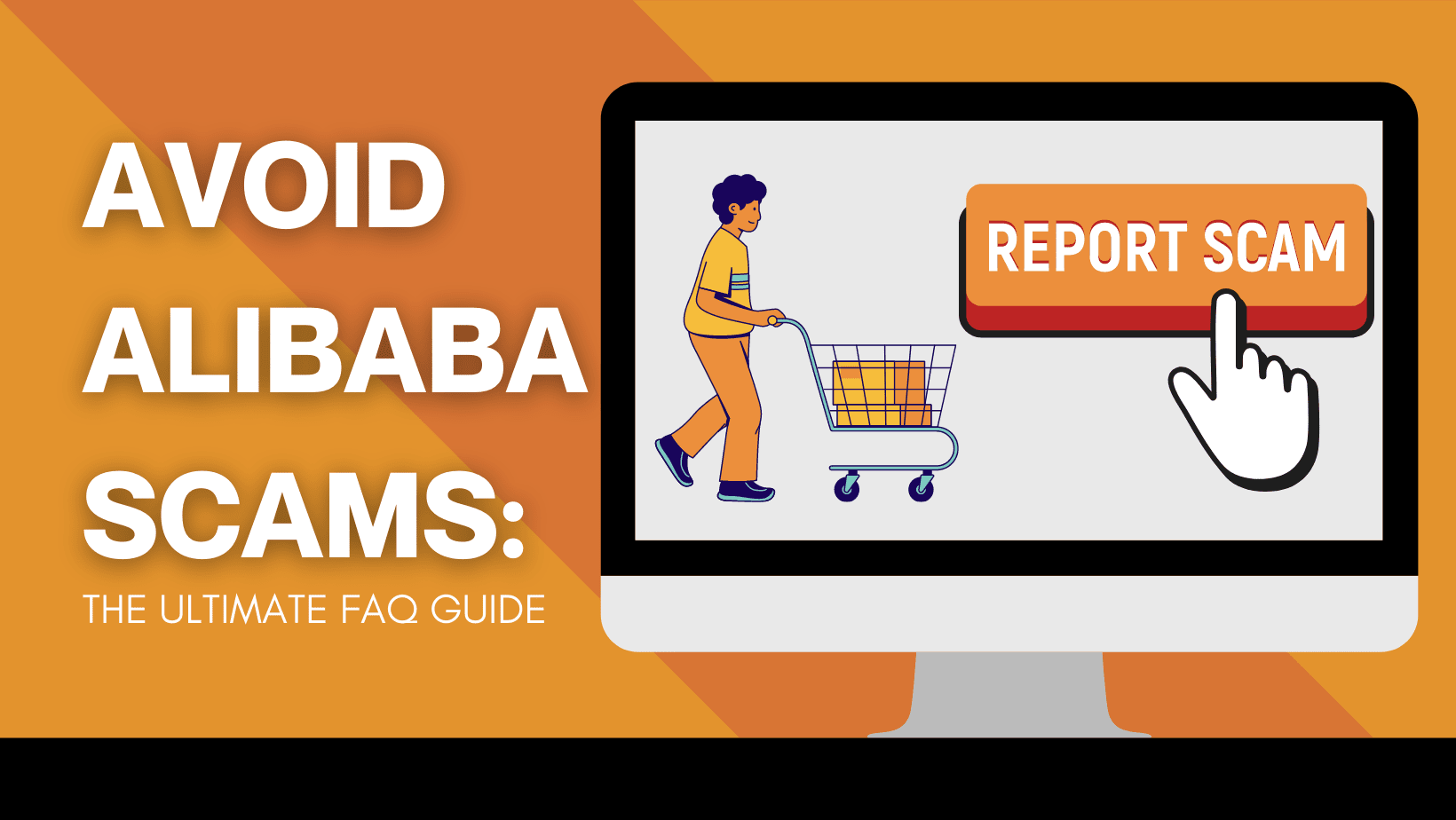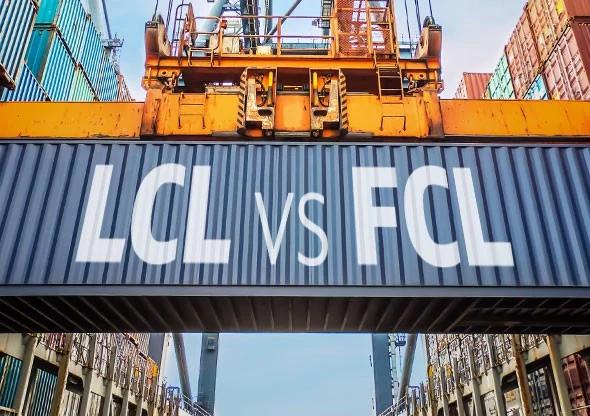How to Spot Alibaba Scams [Guide 2022]
Buyers from every corner of the world can have easy access to various suppliers via Alibaba.com. But concerns may occur before making a payment. Am I being scammed? Is Alibaba.com safe enough? If you are a buyer, you may have endless doubts.

1. What is Alibaba.com?
Alibaba.com is the world’s largest Business-to-Business (B2B) e-commerce platform, connecting 34 million buyers globally to over 210,000 suppliers. The platform offers a vast array of products, allowing buyers to compare and select suppliers with minimal cost, thanks to a competitive environment across product categories.
2. Is Alibaba.com Safe Enough?
While Alibaba.com offers easy access to suppliers worldwide, buyers may be concerned about the safety of their transactions. Alibaba.com implements strict Supplier Assessment processes, vetting companies for legal registration and checking credit histories. However, while these measures help minimize fraud, they cannot fully eliminate the risk.
In 2010, a major scam involving over 1,000 suppliers affected Alibaba, leading to stricter policies and improved monitoring. Despite this, scams still occur, so buyers must remain vigilant when selecting suppliers and making payments.
3. Four Common Types of Alibaba Scams
3.1 Unreasonably Low Prices
Beware of suppliers offering products at prices that seem too good to be true. While some low prices are legitimate marketing tactics, others may indicate scams, especially if the supplier offers counterfeit products. For example, knock-offs of popular brands like Nike or Louis Vuitton are often sold at a fraction of the retail price. These counterfeit goods can be seized by customs, leaving buyers at risk of losing both money and merchandise.
3.2 Fake or Invalid Certifications
Many countries have strict regulations regarding product certifications, like the CE mark for electronics in the EU. Some suppliers may provide fake or invalid certifications to appear compliant with these standards. These certifications could be forged or issued by unqualified bodies, putting buyers at risk of receiving non-compliant products. Before finalizing a deal, buyers should verify certifications through authorized bodies or official websites.
3.3 Change of Receiving Account
A common scam occurs when a supplier changes their receiving account details unexpectedly. This could be a result of hacking, or internal issues within the supplier’s organization. Buyers should be cautious if they receive communication about a change in payment details. Always verify the receiving account information and ensure it matches the company registered on Alibaba.com. Using Alibaba’s Trade Assurance service can further protect against this risk.
3.4 Unmatched Items
Occasionally, buyers receive products that do not match the descriptions or images listed on Alibaba.com. This can include defective products or those of inferior quality. Some suppliers may use photo editing tools to make products appear more attractive than they are. To avoid this, buyers should carefully review product descriptions, qualifications, and certifications, and consider ordering samples before making large purchases.
4. Wrapping Up
At Forwarder Data, we are committed to helping buyers navigate Alibaba.com safely by sharing our years of experience in international logistics and e-commerce. This guide highlights common Alibaba scams and provides strategies for avoiding them, ensuring a safer and smoother buying experience. By staying informed and cautious, buyers can reduce their risks when purchasing through Alibaba.com.









